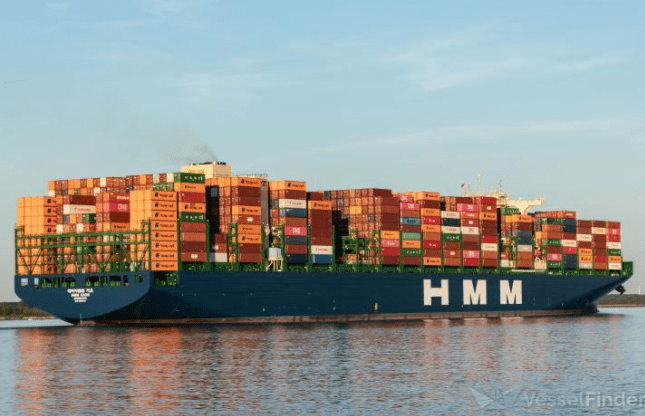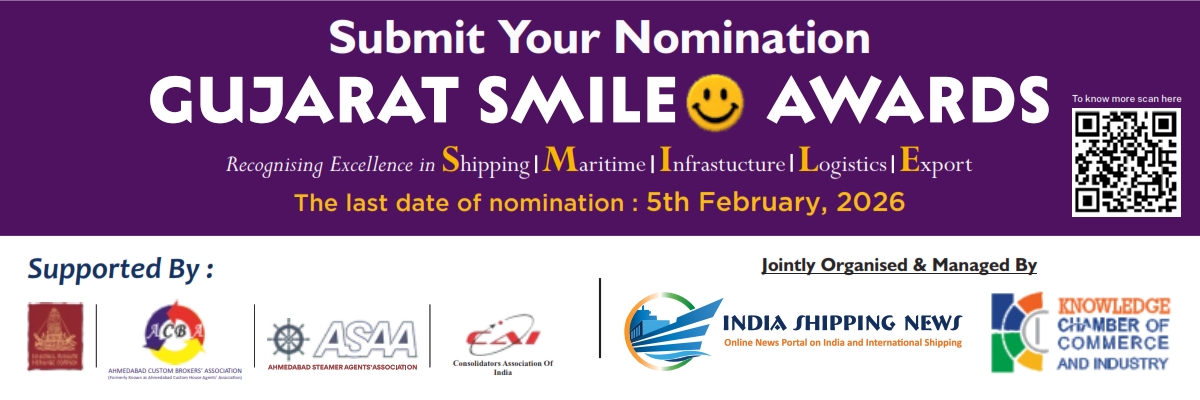
HMM’s methanol-powered ships to ply world’s first green shipping route
SEOUL : South Korea is pursuing an ambitious project to launch the world’s first green shipping route. And 9,000 TEU methanol-fueled container ships being built by the country’s flagship carrier HMM is expected to play a leading role in establishing green shipping routes.
Speaking at a recent seminar, Ministry of Oceans and Fisheries’ Secretary of Maritime
Industry Technology, Lee Chi-kyung, stated, “With the goal of pilot operation in 2027, this
green shipping route will connect South Korea’s Busan and Ulsan ports with Seattle and
Tacoma in the US.”
The aforementioned ships were ordered in February 2023, at Hyundai Samho Heavy
Industries and HJ Shipbuilding and Construction for delivery between 2025 and 2026.
The European Union (EU) introduced the Carbon Emission Trading System (EU ETS) for ships over 5,000 gt operating in ports in the region starting this year. The EU ETS obliges
companies to buy credits for 40% of emissions this year; 70% in 2025, and 100% after 2026.
As a result of this measure, 137 South Korean-owned ships operating in EU waters will
face environmental costs of over US$500 million from this year to 2030. During the opening ceremony of Busan New Port Pier 7, a fully automated port, in April, president Yoon Seok-yeol declared that Busan will be the start and end point of a green
shipping route.
A green shipping route is one without carbon emissions throughout the entire maritime
transportation process by using carbon-free fuel and eco-friendly technology. Ports along
this route will also have infrastructure to supply carbon-free fuel.
After conducting a preliminary feasibility study, the South Korean government decided to
develop the Busan-Seattle-Tacoma section as a green route for container ships using
methanol, and the Ulsan-Masan-Seattle-Tacoma section as a green route for methanol-
fuelled car carriers.
Seattle and Tacoma, on the US West Coast, were merged into the Northwest Seaport
Alliance in 2015 and are effectively operating as one port. The South Korean government
plans to form a consortium involving shipping and bunker suppliers to provide clean fuels
such as green methanol and e-methanol, and then begin pilot operations in 2027.

